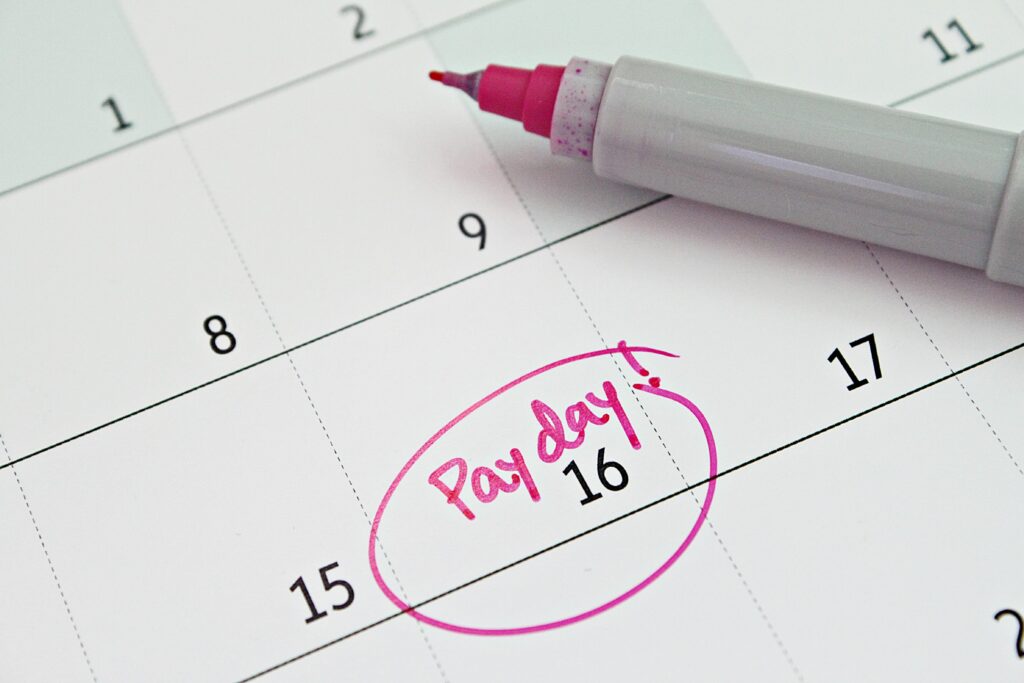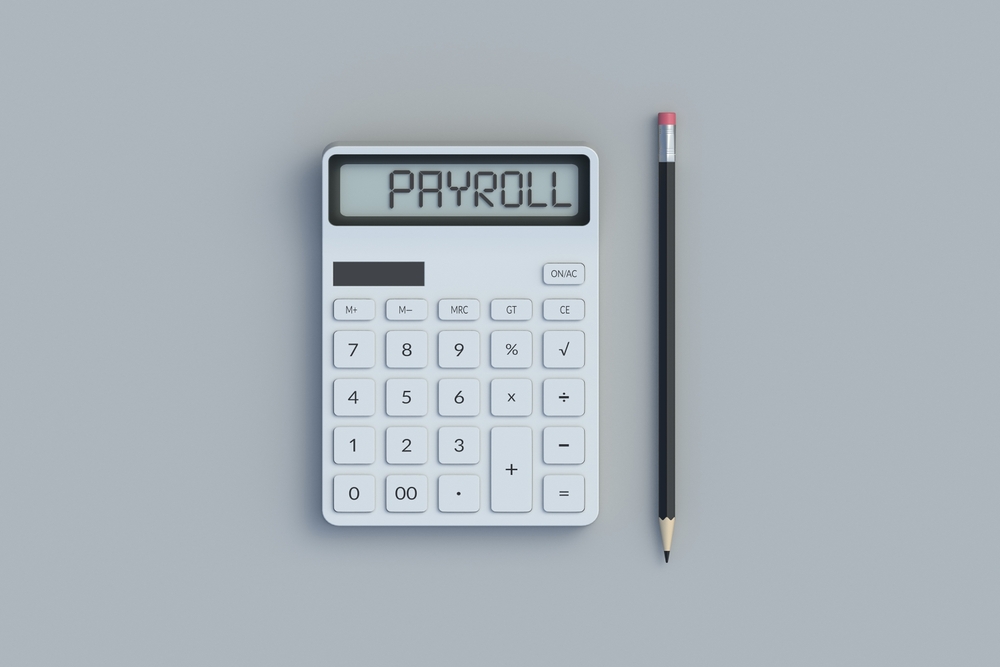How Does Payroll Improve Security?

Why are Payroll Services for small businesses important?
With data breaches becoming increasingly common, payroll security should be among the top priorities for organisations of any size, next to making sure employees get paid on time. Businesses have a responsibility towards their staff to keep sensitive data safe. Plus, with data protection regulations becoming more and more demanding and fines getting steeper and steeper, organisations risk major penalties if they don’t protect their payroll data.
But what security measures are appropriate when processing payroll? And how can you prevent loss of data and payroll information?
The Importance of Payroll Services
Processing payroll means handling vast amounts of employee data, from names to social security numbers to salary information. Since payroll data is highly sensitive, businesses have an obligation towards their employees to protect their data.
There are two main reasons why keeping employee data safe is a top priority for organizations:
- Legal obligation under data protection regulations such as GDPR
Increasing risk of data breach through cyber attacks
GDPR is the world’s largest and strictest set of data protection rules and concerns any organization conducting business in the EU or handling personal data from clients, employees or any other person residing there. Businesses failing to comply with the rules imposed by GDPR risk steep fines.
But the increased importance of payroll security isn’t just due to the obligation to comply with data protection laws. Instead, the need to strengthen the security of payroll information is mainly related to the fact that cyber attacks resulting in data breach are becoming increasingly common in the digital age.
In the UK, for instance, 1,243 security incidents were reported in 2021 (up from 1,120 in 2020), which involved over 5.1 billion breached records. In the U.S., meanwhile, the number of data breaches increased by 68% from 2020 to 2021, according to the Identity Theft Research Center (ITRC).
While these are general statistics, it doesn’t take much to find cases of payroll-related data breaches that have hit the news. The most prominent example is probably the ransomware attack on U.S. payroll and workforce management giant Kronos in December 2021, which took down payroll systems, compromised payroll data for thousands of employees and exposed Kronos customers to secondary data breaches even months after the initial incidents.
As stated in an article published “[p]ayroll is one of the most appealing targets for cybercriminals, involving as it does the large transfer of money between institutions whilst being susceptible to hacking due to outdated technology and manual practices”. Businesses therefore have no choice but to tighten their payroll system security
Payroll Services FAQ
For some of the most common questions regarding payroll, please click here: https://www.businessquotes.co.uk/frequently-asked-questions-about-payroll/
Payroll security tips: How do you secure payroll?
Given the financial repercussions payroll-related data breaches can have on businesses, it’s in every organization’s interests to strengthen security measures and take the necessary precautions. The following tips can help businesses improve their payroll security.
1. Keeping payroll software up to date
Payroll software typically comes with various security features; however, without regular updates, systems quickly become outdated, which exposes organizations to new security threats and cyberattacks. To keep payroll data safe, regular checks for updates are crucial.
The same applies to businesses that opt for payroll outsourcing. The ideal solution is to choose a cloud-based payroll solution like Lano which is always up to date with the latest security upgrades—rather than for software you have to self-host, install and update manually.
2. Adhering to recommended payroll security standards
There are several technical and operational measures which are recommended to ensure payroll data security and GDPR compliance. In addition to basic security measures like firewalls and strong password protection, organizations that want to take their payroll software security to the next level should look into:
- ISO 27001 certification: international ISMS (information security management system) standard for an organization’s IT risk management
Cloud infrastructure: more secure than exchanging data via email and storing it on local hard drives
Data encryption: payroll data and any payroll-related documents should be encrypted so that they are unreadable should they be stolen from servers by third parties
3. Raising awareness among employees
Investing tons of money in the security of payroll systems and servers will be worthless if employees aren’t aware of the risks and dangers. Human error remains a major risk to payroll security; therefore, providing proper training for employees on how to use the payroll software and systems in a secure way is vital. If they are familiar with the system’s safety features, unintentional security breaches are less likely.
Preventing employees from being the victims of phishing emails and other scams and disclosing confidential payroll information in the process is equally important. To achieve this, payroll security should be included in the internal cyber security protocols.
Choosing the best Payroll Providers
If you are looking to find a trusted payroll provider, our site collates the best business quotes the internet has to offer and provides you with the best price for your business. If you’re looking for a payroll service of your own, look no further. Click here for more information.
Tags: Accounting, Advice, Finance, General, outsourced payroll, payroll



